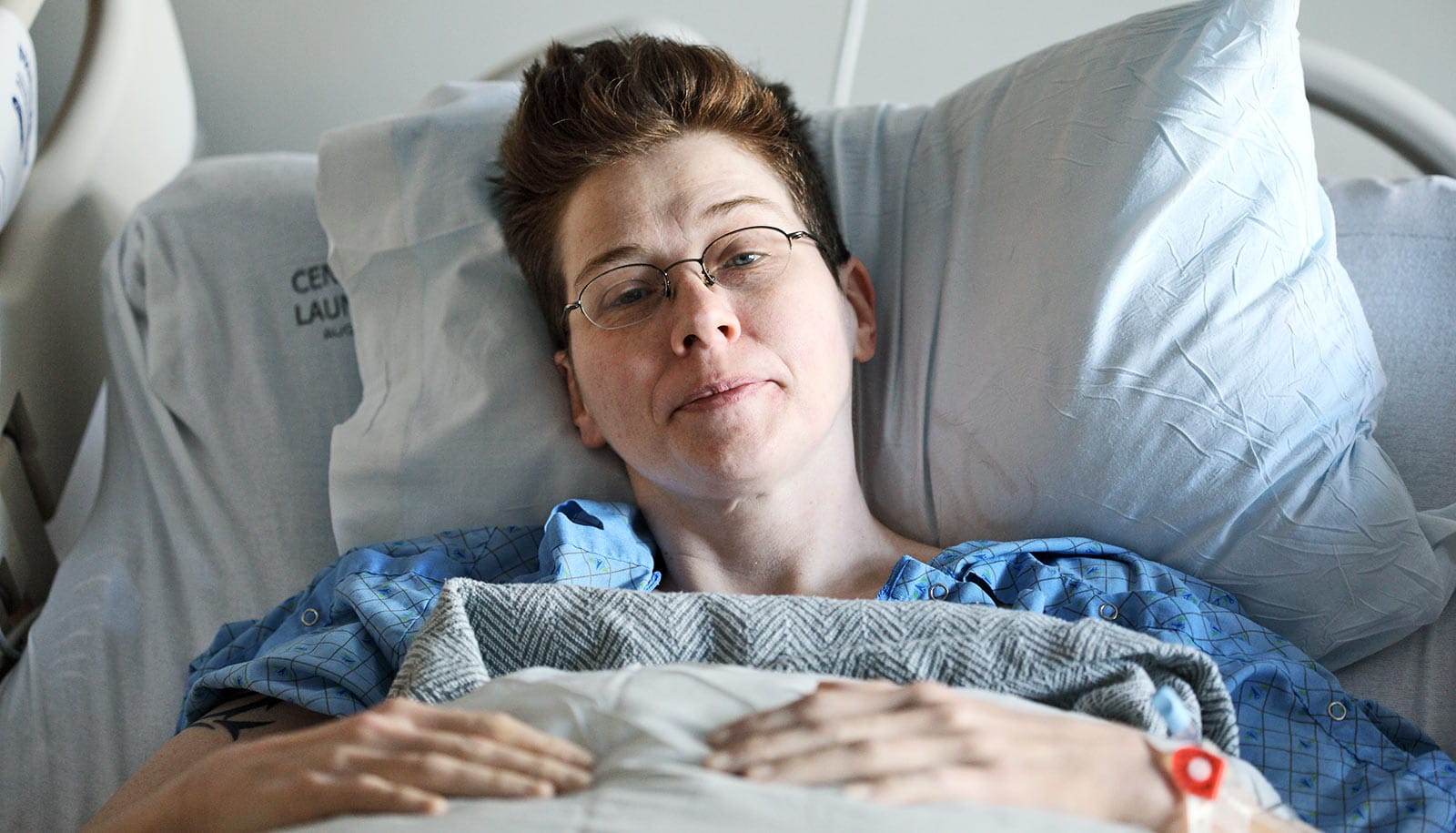Physicians often fail to discuss healthy lifestyle changes with cancer survivors, according to a new study.
The findings are noteworthy because maintaining a healthy lifestyle is especially important to the long-term health of survivors.
Cancer survivors face increased risks of cardiovascular disease and other conditions, and guidelines advise physicians—including oncologists—to encourage survivors to adopt healthy lifestyles to help protect their long-term health. But less than 30% of oncologists in the study says they do so.
“Even though oncologists clearly believe that cancer survivors should adopt a healthy lifestyle, they said they don’t have the time to address more than cancer care,” says lead author Tammy Stump, a postdoctoral fellow in the preventative medicine department at the Feinberg School of Medicine at Northwestern University.
Stump and senior author Bonnie Spring, among others, investigated the extent to which physicians make healthy lifestyle recommendations. They surveyed 91 physicians: 30 primary care physicians; 30 oncologists; and 31 specialists (urologists, gynecologists, and dermatologists) who treat survivors of prostate cancer, breast cancer, and melanoma, respectively. They also conducted interviews with 12 of the oncologists who were sent the survey.
Among primary care physicians, 90% reported recommending health promotion such as weight loss and smoking cessation to at least some survivors of cancer. However, only 26.7% of oncologists and 9.7% of specialists said they do.
In interviews, oncologists expressed fear that promoting healthy lifestyle changes would distress or overwhelm patients. They also noted they often lack the time and training to make such recommendations to patients. Most physicians believed at least half of cancer survivors would take their medications properly to prevent cancer recurrence, but patients would not do so if they were also trying to lose weight.
“Ultimately, we believe that healthy lifestyle support can be provided to cancer survivors most effectively as part of integrated survivorship care delivered by health promotionists trained in nutrition, physical activity, and behavioral coaching in a program designed with the input of oncologists to meet the specific needs of cancer survivors,” says Spring, chief of behavioral medicine in the preventive medicine and a professor of preventive medicine at Feinberg and co-leader of the Cancer Prevention Program at the Robert H. Lurie Comprehensive Cancer Center.
The National Institutes of Health provided funding for the study.
Source: Northwestern University



